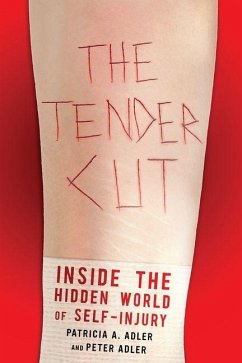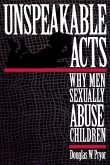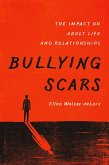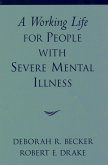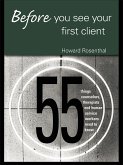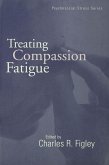Cutting, burning, branding, and bone-breaking are all types of self-injury, or the deliberate, non-suicidal destruction of one's own body tissue, a practice that emerged from obscurity in the 1990s and spread dramatically as a typical behavior among adolescents. Long considered a suicidal gesture, The Tender Cut argues instead that self-injury is often a coping mechanism, a form of teenage angst, an expression of group membership, and a type of rebellion, converting unbearable emotional pain into manageable physical pain.Based on the largest, qualitative, non-clinical population of self-injurers ever gathered, noted ethnographers Patricia and Peter Adler draw on 150 interviews with self-injurers from all over the world, along with 30,000-40,000 internet posts in chat rooms and communiqus. Their 10-year longitudinal research follows the practice of self-injury from its early days when people engaged in it alone and did not know others, to the present, where a subculture has formed via cyberspace that shares similar norms, values, lore, vocabulary, and interests. An important portrait of a troubling behavior, The Tender Cut illuminates the meaning of self-injury in the 21st century, its effects on current and former users, and its future as a practice for self-discovery or a cry for help.
Dieser Download kann aus rechtlichen Gründen nur mit Rechnungsadresse in A, B, BG, CY, CZ, D, DK, EW, E, FIN, F, GR, HR, H, IRL, I, LT, L, LR, M, NL, PL, P, R, S, SLO, SK ausgeliefert werden.

